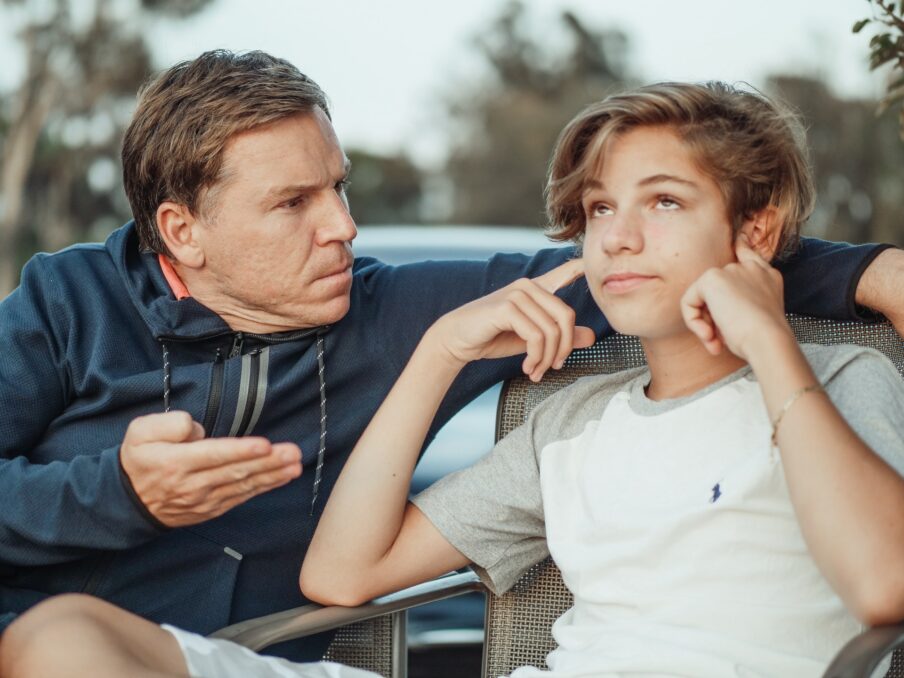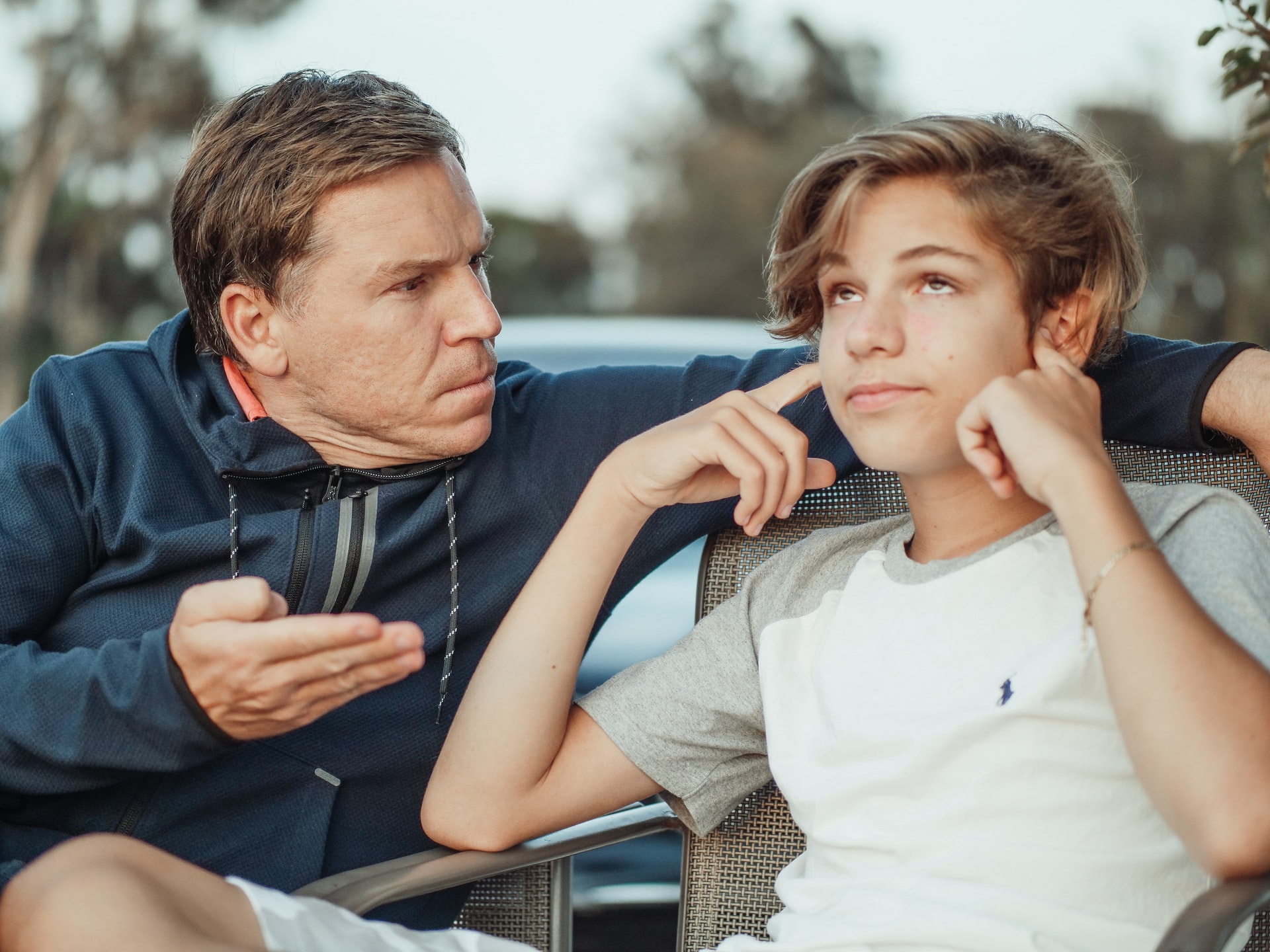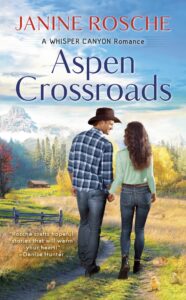By Janine Rosche, @janinerosche
Kimmy Gibbler. Cousin Oliver. Steve Urkel. Screech Powers. Scut Farkus. Vickie from Small Wonder. Caillou. What feeling do these names awaken in you? Nothing positive, right?
An annoying, poorly written child character can irk your reader quicker than my kids can slam a bag of Takis.
But a well-written toddler, grade-schooler, or teenager can add dimension to a cast of characters. Today, I’m discussing five benefits of including a young one in your book and five pitfalls to avoid when you do.
The Benefits
- Comic Relief
KIDS ARE FUNNY, RIGHT?! They can add humorous moments to an otherwise tough scene, like in This Wandering Heart when single dad Robbie kneels to tell four-year-old Anabelle that the mother who abandoned her wants to visit. Anabelle uses her dirty hands to mash and stretch Robbie’s cheeks and lips into funny faces as she listened to his heart wrenching explanation. It’s just enough to give the reader hope she’ll be just fine no matter what happens.
- Innocence
Unless it’s a Stephen King book, the presence of children signifies innocence. They serve as a standard of what’s good and pure—the way people are before they receive those deep wounds. In the prologue of my story Glory Falls, Blue (Cecelia) and Thomas are simply two eleven year olds sharing cookies, a thermos of milk, and even a first kiss. That scene provides a sharp contrast to Chapter One, where Thomas is a firefighter with PTSD and Blue is mourning the loss of her career, her marriage, and her daughter.
Children can also draw innocence from other characters who may have lost their way. Like fallen pastor Shane Olson in Wildflower Road drawing chalk animals with Anabelle. Or Jerry Maguire’s relationship with Dorothy’s son, Ray.
- High Stakes
We want our heroes and heroines to win the game, solve the mystery, find justice, etc. But when that hero or heroine is a parent? Or if they are working on behalf of a child? We NEED them to succeed! Just watch The Pursuit of Happyness for an especially weighty example of this.
- Authenticity
Kids mess stuff up. It’s kind of their thing. To learn and grow, they have to try new things…and they’ll probably fail or make a mess of things. Most likely, your main character’s plans will take a hit. They may even get upset or lose patience as a result. Bam! Authenticity. No critic will complain about having too “perfect” of characters or unrealistic scenarios in your book.
- Priorities
Kids remind our characters what really matters in life, even when other motivations threaten to derail them. In Aspen Crossroads, Jace teaches Elijah that we have a responsibility to protect others, even worms in the garden. And in Mistletoe Menagerie, Luke cares more about giving the kids from the group home a perfect Christmas morning at the zoo than he does about other tempting opportunities.

The Pitfalls
- Plot Device Usage
Don’t simply throw in a kid just to give your characters a complication. Give them personality, fascinations, fears, and a uniqueness that sets them apart from any stock photo kid out there.
- Age and Developmental Inappropriateness
Because my background is in Child and Adolescent Development, this is my pet peeve. In general* eighteen-month-olds do not speak in complex sentences. Nine-month-olds don’t welcome strangers with a big smile. Six-year-olds aren’t just learning how to count to ten. Nothing takes me out of a book faster than a developmental anachronism. I think “has this author ever met a child before?” Then I put on my professor hat and start pulling research.
*Of course, there are individual and cultural exceptions to all developmental standards and milestones. This could be part of the child’s uniqueness as I mentioned above. Maybe a child has a learning difference that impacts their ability to speak or count. It should be referenced though, even if it isn’t a big plot point.
- The Wise Ol’ Soul
A motion or word from anyone, even a child, can spark a life-changing thought in a character. The world would be better off if we listened to children more often! But be careful that your hero’s second grade nephew doesn’t deliver an introspective Socratic soliloquy in his best Morgan Freeman voice to inspire your MC’s “aha” moment.
- “It’s eight o’clock. Do you know where your child is?”
During your story, don’t lose track of the kid for several chapters. They can’t be off unsupervised or napping 24/7 so that your main character can progress through the story more efficiently, tempting as it is.
- Closeness to Home
If you use details or scenarios about kids in your life, ask permission or mask it completely. Kids deserve privacy and won’t appreciate it if they realize you told the world about their favorite holey underwear. It’s not worth hurting/embarrassing them or breaking that trust.
YOUR TURN: What do you like about child characters? Do any well-written ones come to mind? Which authors write children well? One commenter will win a copy of one of my books* I mentioned above.
*Winner’s Choice. US residents may choose between a paperback or ebook. Residents outside the US must be able to accept ebooks through Amazon.
Moderator note: Comments may take up to 2 business days to appear due to spam filters.
Links:
This Wandering Heart https://www.amazon.com/Wandering-Heart-Madison-River-Romance/dp/0593100506/
Wildflower Road https://bakerbookhouse.com/products/469514
Glory Falls https://bakerbookhouse.com/products/469516
Aspen Crossroads https://www.amazon.com/Aspen-Crossroads-Whisper-Canyon-Romance/dp/0593335759
Mistletoe Menagerie https://dl.bookfunnel.com/i3zhhk8rej
To protect those most vulnerable, Haven Haviland must trust her heart–and her regrets–to a mysterious newcomer in this moving contemporary romance.
Few in the community of Whisper Canyon have actually met Jace Daring, a handsome recluse who lives at Aspen Crossroads, the farm at the edge of town. But that doesn’t stop the rumors about the multiple women who live with him. He must protect the truth–that his farm-to-table restaurant will provide new livelihoods for women rescued from human trafficking–or he risks the safety and futures of those relying on him. But he can’t do it alone.
Haven Haviland has always been everyone’s safe place to fall until one mistake closes her counseling practice and leaves her open to the town’s gossip. Trusting men has gotten her in trouble before. However, accepting Jace’s job offer to mentor the rescued women seems like the perfect way to right her wrongs.
When the mayor’s campaign to clean up Whisper Canyon targets Aspen Crossroads, the restaurant comes under fire, dangers from the women’s pasts are awakened, and Haven’s sins are exposed for all to see. Jace would sacrifice himself to save Haven and the women under his care, but his efforts might not be enough. And in the end, it might not be the women most in need of saving after all.
Prone to wander, Janine Rosche finds as much comfort on the open road as she does at home. This longing to chase adventure, behold splendor, and experience redemption is woven into her Madison River Romance series and her upcoming release ASPEN CROSSROADS. When she isn’t writing or traveling, she teaches family life education courses to college students, takes too many pictures of her sleeping dogs, and embarrasses her four children and husband with boy band serenades. Chat with her on Facebook and Instagram or visit www.JanineRosche.com for a free Whisper Canyon Romance prequel novella.




Comments 13
Anabelle was so well written! I enjoyed her character. I think Pepper Basham always writes children well. Perhaps it’s because of her job. Being a speech language pathologist means she knows how kids of various ages speak which seems to be the biggest hiccup when I read. Kids don’t always sound like kids.
Pepper is fabulous. And I love that she shares her knowledge and education with others. She’s even helped me with my own children’s speech!
Oh my word, my biggest pet peeve is when the child disappears so that the main character can save the day, solve the crime or fall in love!! It pulls me out the story so fast
hahaha. It drives me nuts! I always think “who’s watching the baby?”
As someone who majored in Early Childhood Education (and babysits regularly), I also become frustrated when child characters are not developmentally appropriate in books. I just read one book where the 12-year-old would’ve been more realistic if she had been an 8- or 9-year-old.
I enjoyed Toni Shiloh’s An Unlikely Proposal with the twin girls. 🙂
Yes! Toni does an excellent job with her child characters!
I enjoyed the character of Annabelle in This Wandering Heart written by Janine Rosche. I recommend all of Rosche’s books and share my copies with family members. I do not need to be entered in the contest since I already have all her books. Waiting on the next one to be released. Interesting article for all that should be considered when writing a child into a story.
Thank you, Alicia!!! I appreciate you!
I did a double-take when I saw the name “Shane Olson” as one of your characters. I have a cousin by that name. He’s with the Lord now, so I’d love to read that book.
Aww, I’m glad I could remind you of your cousin!
Hi Terrie! I pulled your name to win a copy of one of my books. I’d love to send you a copy of Shane’s story, Wildflower Road, if you send your mailing address to janine@janinerosche.com
Great reminders! I have an old soul child in my current series that I’ve tried to model after the Holy Spirit. I try to keep her interactions simple and observations kid based that the adult then internalizes about their own childhood/life.
Probably some of the best child characters are from Little House on the Prairie and Chronicles of Narnia. The little girl in the novel Clover is also really well written.
It sounds like you’ve got your “old soul” child figured out! I bet your story will be better because that character is in there!